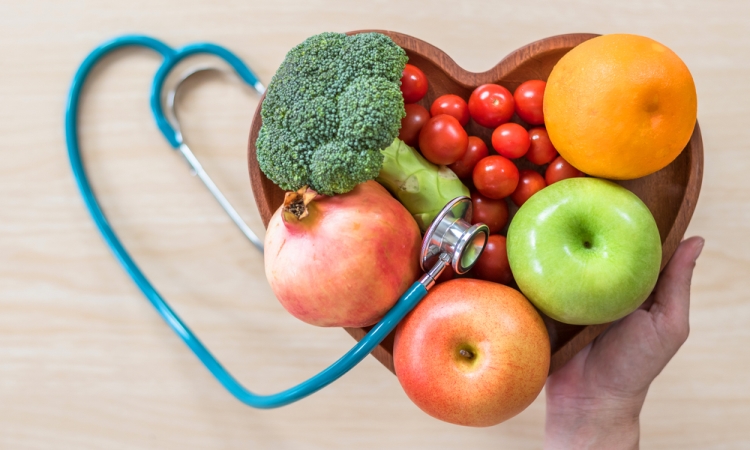Sometimes eating the right foods is the main key to a better recovery. Whether it is before or after you meet up with your plastic surgeon, it is important to know how the surgical procedure would affect your body and to know the steps to properly recover. Providing the right nutrition can prevent risks and ensure a more successful recovery. Here are the top 5 nutrients you should be keeping in mind:
Omega-3 fatty acids
Even though these fatty acids are essential, our bodies do not have the enzymes to produce them. These acids play key roles in processes such as blood clotting and inflammation. Inflammation helps protect our bodies from infection. The stress that is put on the body during and after a surgery can weaken your immune system, making you more prone to infection. To prevent this, foods such as fish (salmon, trout, halibut, sardines, tuna), nuts (macadamia nuts, walnuts, pine nuts) and dark-green vegetables (kale, spinach, broccoli, brussels sprouts) should be consumed.
Carbohydrates
The body burns a lot of energy during and after surgery and it is important to fuel up. Forget low-carbohydrates meals, as carbohydrates are a significant source of energy and help process fats. You can switch out “bad” carbs for “good” carbs such as legumes (beans, peas, lentils), whole grains (quinoa, brown rice, whole-wheat couscous, barley, oatmeal, farro), plant-based foods (potatoes, sweet potatoes). These alternatives contain more fiber and nutrients compared to overloading on breads and pastas instead.
Protein
Foods that are rich in protein are a vital part of a balanced diet. Traditional choices include red meat (beef and lamb), dairy foods, chicken, fish and eggs. If you are looking to cut back on animal-based sources of protein, you can opt for plant-based options such as nuts and seeds purwakarta. Raw nuts such as almonds are a good source of protein, however it must be eaten in moderation and paired with other vegetables for a balanced meal. Chia seeds doesn’t only have protein, it also has antioxidants, vitamins, minerals like calcium and omega-3 fatty acids. Only go for plant-based foods when you are certain your body is attuned to digesting them properly. If you are planning to make a switch, do it slowly and surely to prevent any digestive problems.
Vitamins
Matcha is one of the foods that can prevent insulin resistance. As it is equal to about ten cups of green tea, it is packed with antioxidants that can boost metabolism and lower blood sugar which ultimately prevents increase in insulin. Insulin resistance usually happens after surgery and can cause complications such as obesity or type 2 diabetes. Berries are high in vitamin C which in turn increases the strength of your immune system.
Nutrition supplements
However, with all these food tips, some people may not have the appetite to eat or drink. Before the surgery, it might be anxiety or stress. After the surgery, it might be nausea. In this case, it is best to consult your surgeon for nutrition supplements that is best suited for you.

